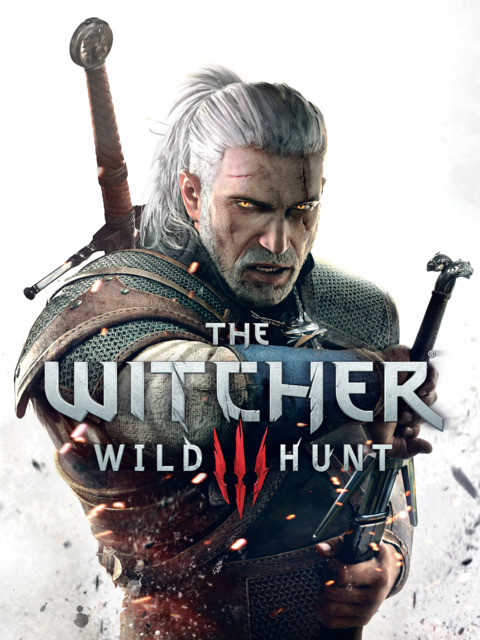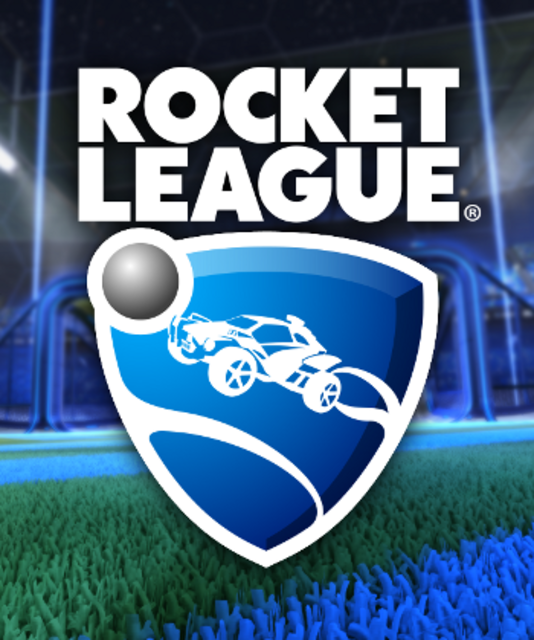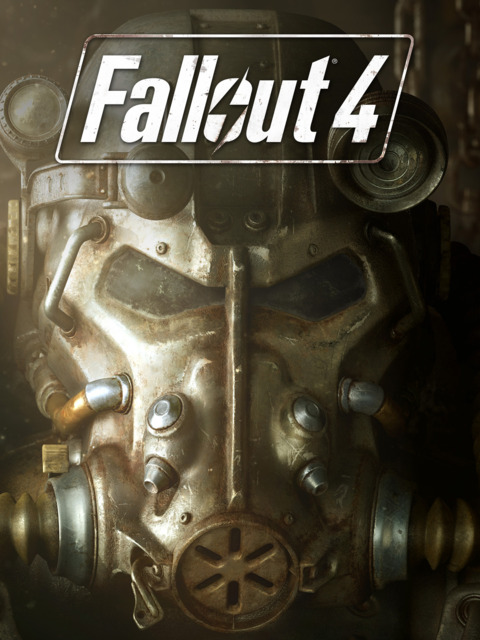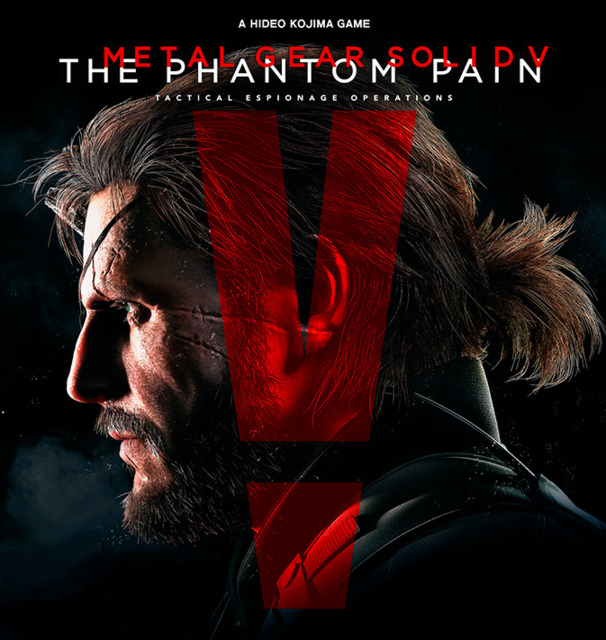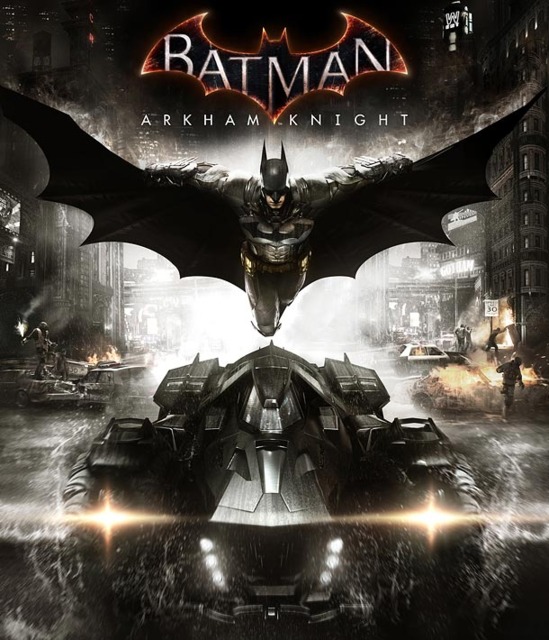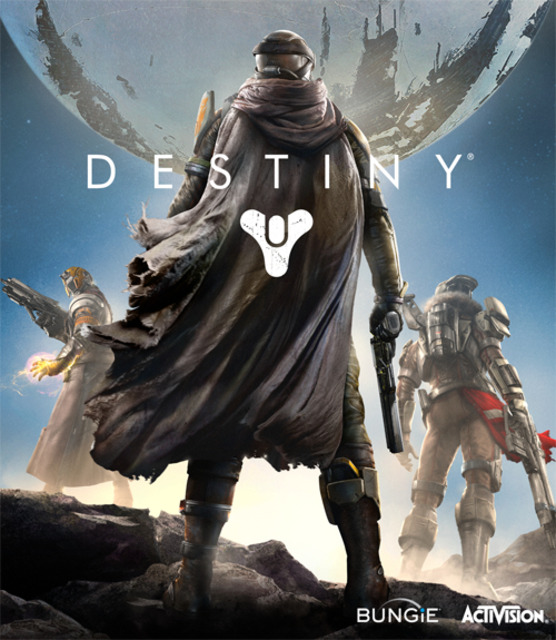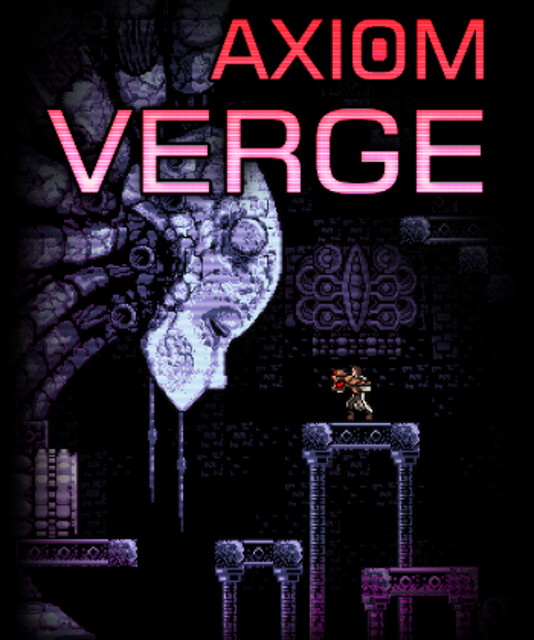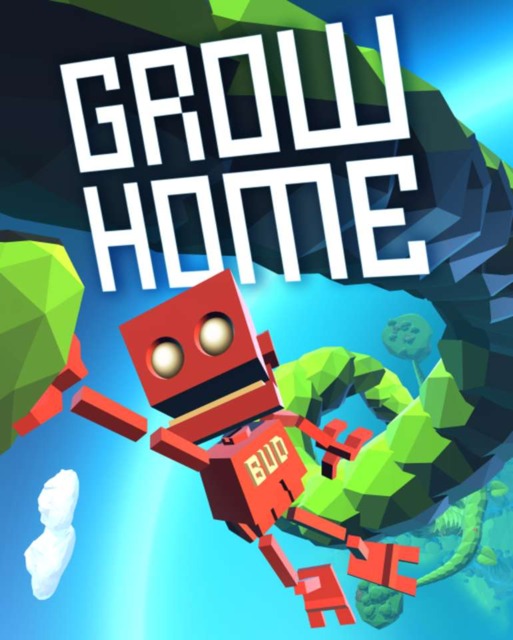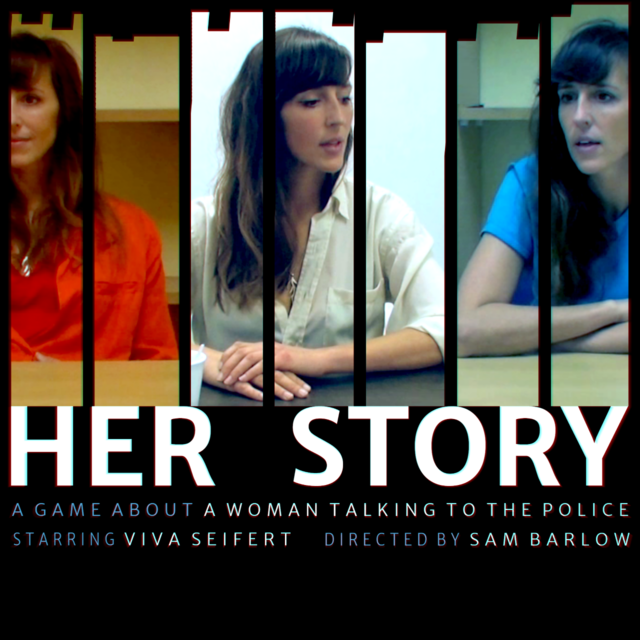GOTY 2015
Last year I was scrambling to find games to fill out my list. What a difference a year makes. At the time of this writing, about two weeks shy of 2016, I see my year's backlog still clogged with noteworthy and interesting titles. There just was not enough time to get to them all. I'll still playing Until Dawn and Assassin's Creed: Syndicate and Call of Duty: Black Ops 3. I'm going to finish the wonderful Broken Age. But I simply ran out of time to play everything that I wanted to, which, in light of the alternative, is a fine problem to have.

